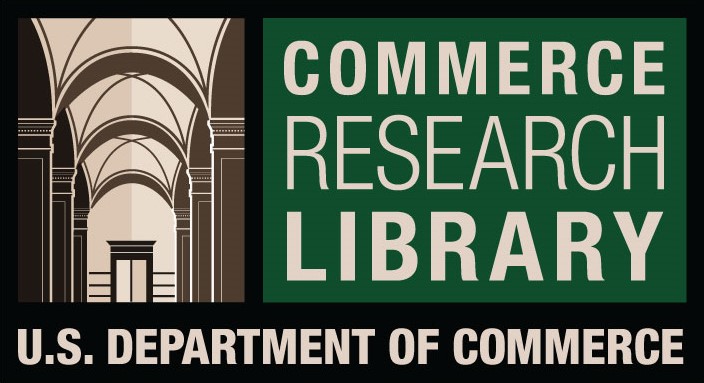Evaluating teaching practices according to the learning theories of physical education teachers for primary schools in Babylon
DOI:
https://doi.org/10.61841/140nkq72Keywords:
Evaluating, , primary schools, BabylonAbstract
The teaching practices according to the learning theories of the educational cadres of teachers in primary
schools in Babylon help educational institutions achieve a set of goals, so the researchers prepared this research to try to uncover the teaching practices of teachers of physical education in Babylon schools according to a comprehensive study that was adopted from the reality Existing and approved by education. Where the study included the role of educational cadres specialized in the field of schools sports and teaching practices according to learning theories and ways to apply them in primary education.
The study aimed to identify the teaching practices of teachers of physical education at the primary schools , according to learning theories. And to know the extent of male and female teachers having teaching practices in physical education for the elementary stage in Babil Governorate.
As for the research hypotheses, there is no significant difference between the average total teaching practices of teachers of physical education for the elementary stage, depending on the gender, experience and educational qualification variable, the descriptive approach was chosen by its survey method to suit this study.
The percentage of the research sample was (79.10%) of the total number of students from the original research community.
Downloads
References
• Al-Qurashi, Abdel Fattah. (1986). "Recent trends in student assessment methods", The Arab Gulf Letter Magazine, No. (18), Riyadh.
• Al-Ghaziwat, Muhammad Ibrahim. (1998). “Factors Affecting the Level of Male and Female Teachers’ Satisfaction in Karak Governorate about Their Profession, ”Journal of the Association of Universities Arabic, No. (34).
• Aazmy, Muhammad Saeed. (1996). Methods of developing and implementing a physical education lesson in basic education between theory and practice, Alexandria University, Egypt.
• Al Maqushi, Abdullah. (2001). "Evaluating the reality of actual teaching practices of physical education teachers in the primary stage classes in the State of Qatar", Journal of Educational Research Center, Qatar University, eleventh year, number twenty one.
• Obaidat, Touqan and others. (1996). "Scientific Research, its Concept, Tools and Methods", Dar Al-Fikr for Printing, Publishing and Distribution, Amman, Jordan.
• Allam, Salahuddin Mahmoud. (2000). "Educational and psychological measurement and evaluation, its basics, applications and contemporary directives", 1st edition, Dar Al-Fikr Al-Arabi, Cairo.
• Khashab, Shada Shaker. (2004). "Evaluating the performance of graduates of teacher numbers institutions in the light of their professional competencies in the city of Mosul", College of Education, University of Mosul, unpublished master's thesis.
• Ibrahim, Marwan Abdul Majeed. (1999). "Scientific foundations and statistical methods for tests and measurement in physical education", Dar Al-Fikr for printing, publishing and distribution, Amman, Jordan.
• Odeh, Ahmed Suleiman. (1998). Measurement and Evaluation in the Teaching Process, College of Educational Sciences, Yarmouk University, Dar Al-Amal.
• Samara, Aziz and others. (1989). Principles of Measurement and Evaluation in Education, 2nd edition, Dar Al- Fikr for Publishing and Distribution, Amman, Jordan.
• Al-Bitar, Eva Zuhair. (1998). "An analytical study of the reality of teaching practices of physical education teachers for the first three grades of the lower basic education stage", unpublished master's thesis, College of Physical Education, University of Jordan.
• Al.Hakim, Ali Salloum Jawad. (2004). Tests, Measurement and Statistics in the Sports Field, Ministry of Higher Education and Scientific Research, University of Qadisiyah.
Published
Issue
Section
License

This work is licensed under a Creative Commons Attribution 4.0 International License.
You are free to:
- Share — copy and redistribute the material in any medium or format for any purpose, even commercially.
- Adapt — remix, transform, and build upon the material for any purpose, even commercially.
- The licensor cannot revoke these freedoms as long as you follow the license terms.
Under the following terms:
- Attribution — You must give appropriate credit , provide a link to the license, and indicate if changes were made . You may do so in any reasonable manner, but not in any way that suggests the licensor endorses you or your use.
- No additional restrictions — You may not apply legal terms or technological measures that legally restrict others from doing anything the license permits.
Notices:
You do not have to comply with the license for elements of the material in the public domain or where your use is permitted by an applicable exception or limitation .
No warranties are given. The license may not give you all of the permissions necessary for your intended use. For example, other rights such as publicity, privacy, or moral rights may limit how you use the material.









